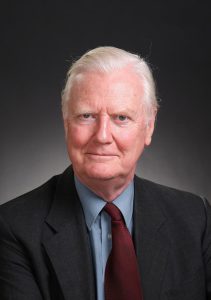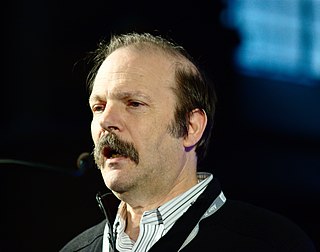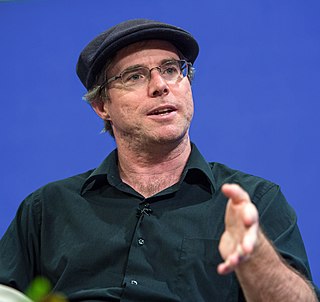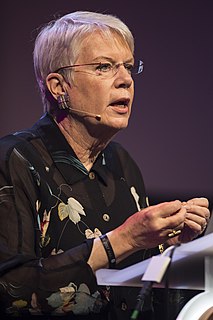Top 956 Technologies Quotes & Sayings - Page 10
Explore popular Technologies quotes.
Last updated on April 21, 2025.
There is onslaught is the accelerating momentum of technologies and instrumental mentalities that are exterminating spontaneity, undermining love and common decency. It's a thief of time and includes all the palpable and subtle violations of body, mind, and spirit done in the name of science, government, enterprise, progress, and profit.
We live at the threshold of a universal recognition that the human being is not mere matter, but a potent, energetic field of consciousness. Modalities of the past millennium are quickly giving way to breakthrough technologies wherein we heal ourselves at the level of all true healing, which is spirit.
In the early 19th century, when the country was transitioning from an agrarian to an industrial economy, we subsidised transportation and created a national bank. In the post-WWII era, we as a federal government made strategic investments in emerging technologies including microelectronics, telecommunications and biotechnology.


























































